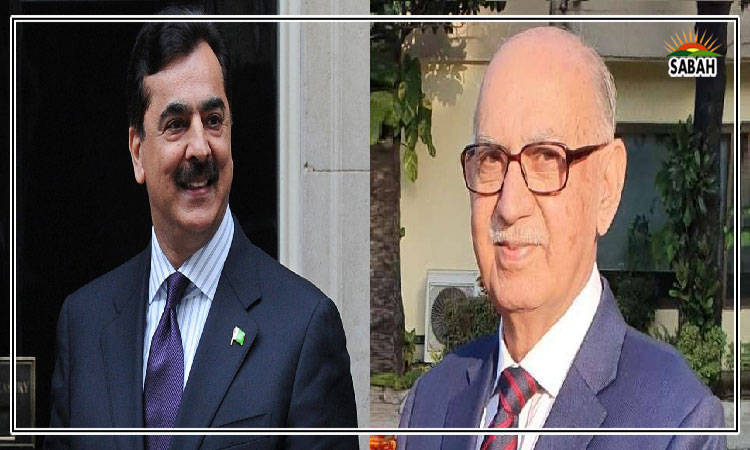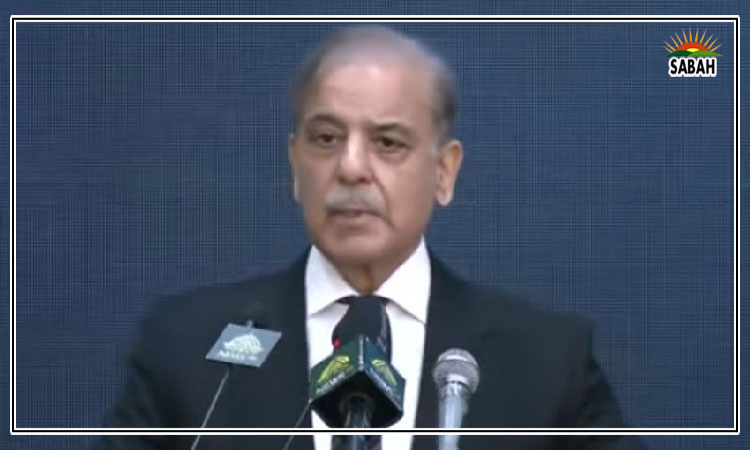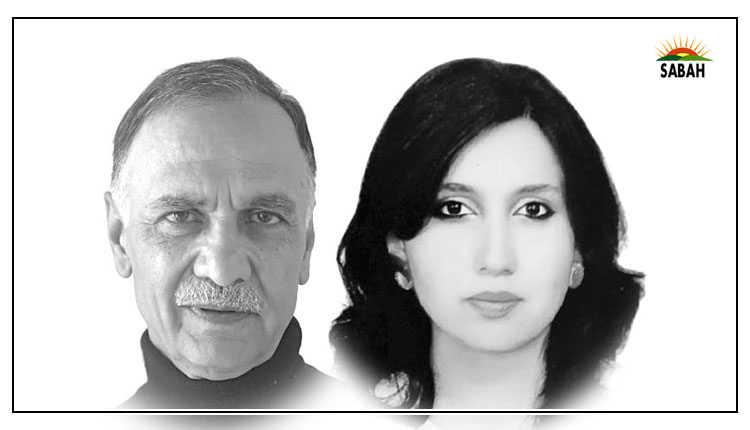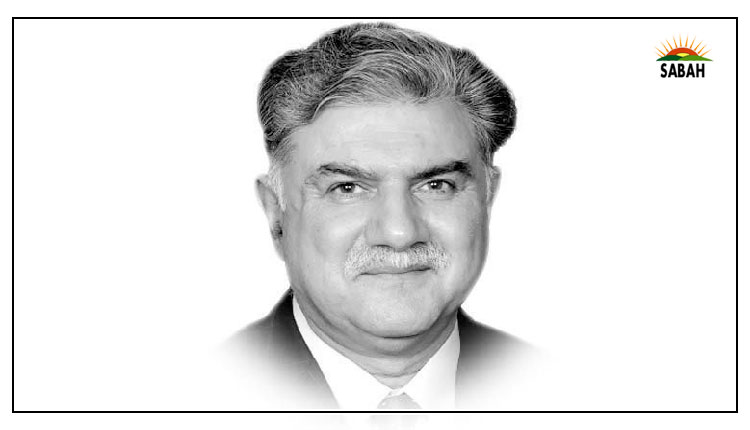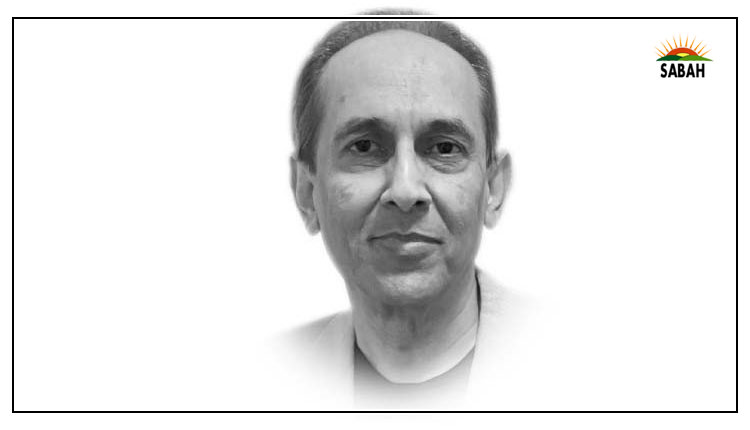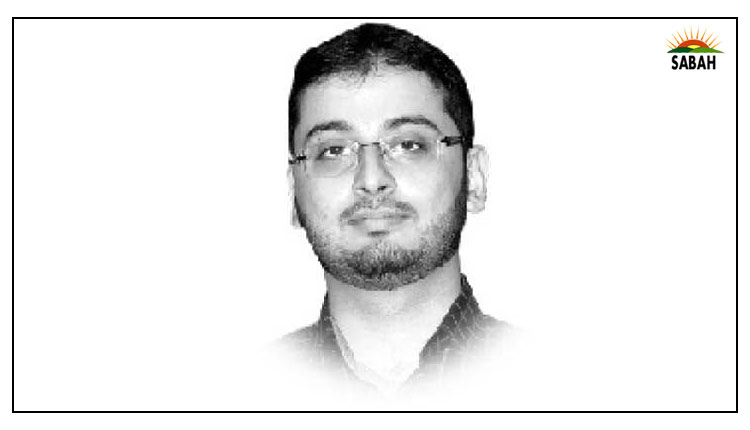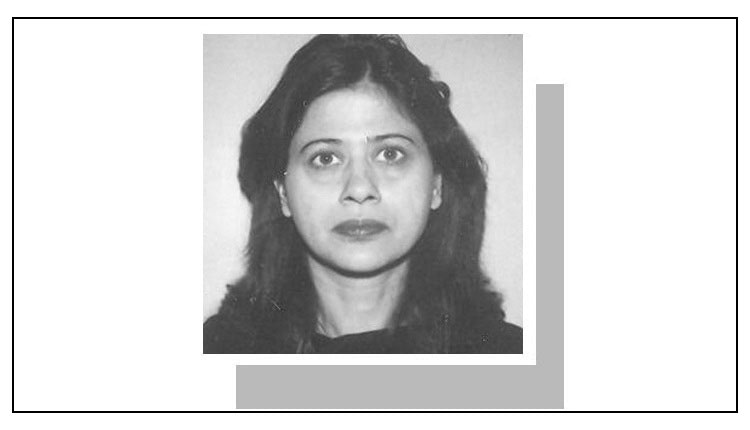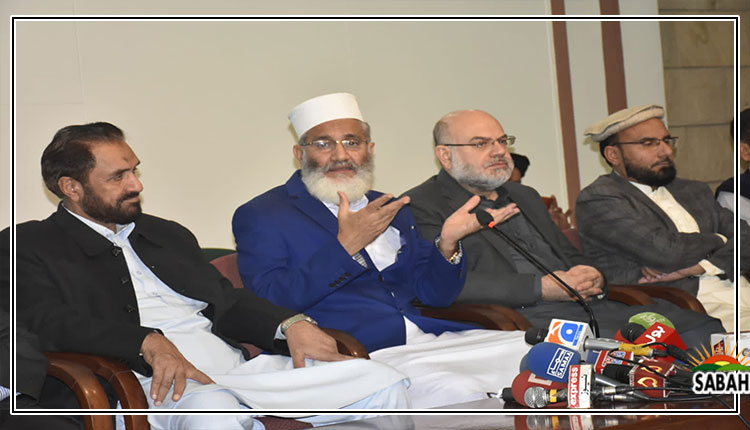Sirajul Haq urges grand national dialogue on three-point agenda
ISLAMABAD, Nov 14 (SABAH): Emir Jamaat-e-Islami Sirajul Haq has called for grand national dialogue on three-point agenda.
Addressing a press conference at residence of Jamaat-e-Islami leader Mian Aslam in Islamabad on Monday, Sirajul Haq said a new social contract on supremacy of law, free and transparent elections and end to role of establishment in politics was the need of the hour.
Political uncertainty and chaos, he said, will further increase if the elections were held in prevailing situation without reforms. The political parties, he said, must realize the sensitivity of the matter and come to the table for dialogue. The Jamaat-e-Islami, he said, was ready to play its part to achieve the objective.
He said he believed the fresh elections were the only way possible to pull the country out of crises. But, he said, the election without reforms would be futile exercise. “I fear many political parties will reject the elections if they held without consensus on reforms.”
Sirajul Haq said it had been observed the PDM and the PTI were non-serious and their claims regarding democracy proved mere hollow slogans which were evident even from their escape from local government elections. Their fight, he said, only added to the problems of common man. They left the flood affected people alone on the mercy of the nature as the government aid announced for rehabilitation phase was not seen on ground, he regretted.
Sirajul Haq said the PDM, the PPP and the PTI failed to strengthen institutions and democratic system despite staying in power for years. Each ruling party, he said, wanted the institutions worked only for its agenda and they all were desperate to get the backing of the establishment.
Election Commission, he said, should be financially and administratively independent and powerful, free from influence of establishment and political parties. The Jamaat-e-Islami, Sirajul Haq said, suggestion was that the election should be held on the principle of proportional representation as many democracies in the world have successfully adopted the practice.


